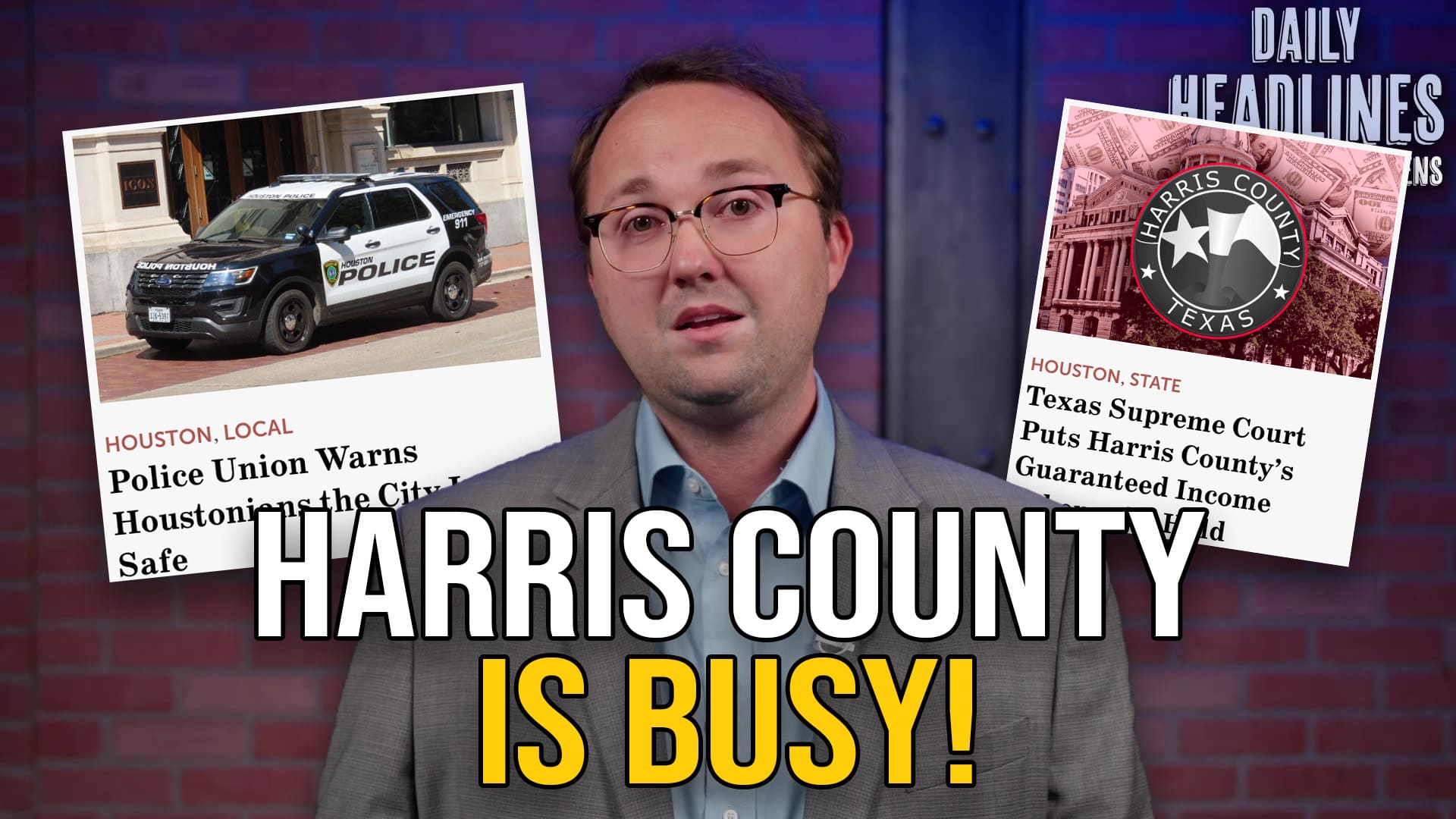Houston’s chapter of AFSCME has spent time, money, and effort advocating for increased minimum wages, guaranteed raises, and political candidates who vow to do their bidding.
Union platforms are made to make members feel that they are the union. When challenged, unions declare it is an attack on the employees, but it is important to continue to dispel that false claim.
Public-sector employees are not the problem. The problem is the collusive relationship that union leaders have with government officials, enabling them to demand unsustainable benefits at the expense of taxpayers. In turn, many of these funds are used to pad the pockets of leadership, lobby legislatures, and fight for more power – not to benefit employees.
The three-plank AFSCME Strong platform literally reads as a manifesto for recruitment and preserving the union’s power:
- Organizing Member-to-Member – “Showing non-member[s] that you value the union and what it does for you, will make them want to be a member too.”
- PEOPLE Power – referred to as the “political arm of the union.” Created to support and elect politicians who vow to carry the union’s agenda.
- Support and Accountability – “We must support our union and each other. We must be accountable to the union and to ourselves.”
Nowhere in this list of “responsibilities” does AFSCME encourage members to excel at their job, provide the most efficient services as possible to the taxpayers, or to help keep government accountable. Even worse, none of these platforms are created to benefit the workers that the union represents. The AFSCME Strong platform’s sole purpose is to further enable the parasitic nature of the union, feeding financially off of its members in order to gain more political power.
To encourage membership growth, AFSCME touts that their members receive on average $10,764 more a year than non-members, and 77% of their members have a guaranteed defined-benefit pension plan. To put in perspective, a CNN Money report found only 4% of private sector workers have a defined-benefit plan. In AFSCME’s world, they’re proud to tout bilking of taxpayers as a recruiting tool.
If public-sector unions want to be “pro-worker”, they need to not only reinforce the necessity of an open, transparent, and fiscally responsible government – considering that is who their members work for – but also reinforce the need to have a competent, professional workforce.





